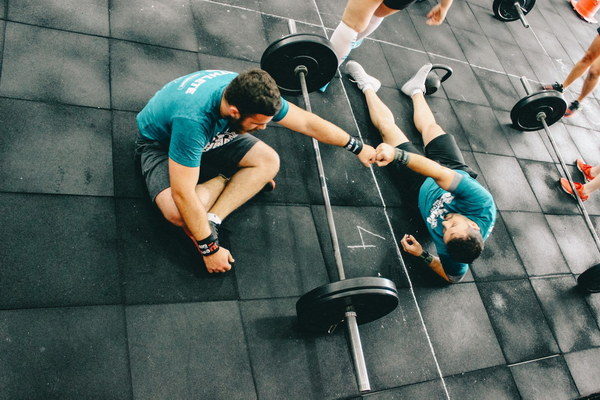Post-Medication Body Care Essential Tips for Recovery and Well-being
After taking medication, it is crucial to understand how to care for your body to ensure a smooth recovery and maintain overall well-being. Medications can sometimes have side effects or weaken your immune system, making it essential to follow certain guidelines to promote healing and strengthen your body. In this article, we will discuss the essential tips for post-medication body care to help you bounce back quickly and stay healthy.

1. Stay Hydrated
Hydration plays a vital role in your body's recovery process. Water aids in the elimination of toxins, supports digestion, and helps maintain your body's temperature. Drink plenty of water throughout the day, aiming for at least eight glasses. If your medication has a diuretic effect, consult your doctor for personalized advice on hydration.
2. Maintain a Balanced Diet
A balanced diet rich in essential nutrients can help your body recover more efficiently. Incorporate a variety of fruits, vegetables, whole grains, lean proteins, and healthy fats into your meals. This will provide your body with the necessary energy and nutrients to fight off any potential side effects of the medication.
3. Get Adequate Rest
Rest is essential for your body to repair and regenerate itself. Ensure you get enough sleep, as it helps boost your immune system and aids in the healing process. Aim for 7-9 hours of sleep per night, and try to establish a regular sleep schedule to improve the quality of your rest.
4. Exercise Regularly
Moderate exercise can help improve your mood, boost your immune system, and increase your energy levels. Engage in activities that you enjoy, such as walking, yoga, or swimming, but avoid overexertion or intense workouts that may strain your body. Consult your doctor before starting any new exercise routine, especially if you have underlying health conditions.
5. Manage Stress
Stress can weaken your immune system and slow down the recovery process. Find healthy ways to manage stress, such as meditation, deep breathing exercises, or engaging in hobbies that you find relaxing. Regular stress management can improve your overall well-being and aid in your body's healing.
6. Monitor for Side Effects
Keep an eye out for any side effects that may arise after taking medication. If you experience any adverse reactions, contact your healthcare provider immediately. It is crucial to stay informed about the potential side effects of your medication and report any concerns promptly.
7. Practice Good Hygiene
Maintain good hygiene practices to prevent infections and support your body's recovery. Wash your hands frequently, especially before eating or preparing food. Keep your living space clean and well-ventilated to reduce the risk of respiratory infections.
8. Stay Active
Although it's important to rest, staying active can help prevent muscle atrophy and maintain your overall health. Engage in light activities, such as stretching or gentle walking, to keep your body moving and prevent stiffness.
9. Seek Professional Advice
Consult your healthcare provider for personalized advice on post-medication body care. They can provide you with specific recommendations based on your medical history, the type of medication you're taking, and your overall health.
In conclusion, taking care of your body after taking medication is essential for a quick and effective recovery. By following these tips, you can support your body's healing process, maintain your overall well-being, and minimize the risk of complications. Remember to consult your healthcare provider for any concerns or questions you may have regarding your post-medication body care.









